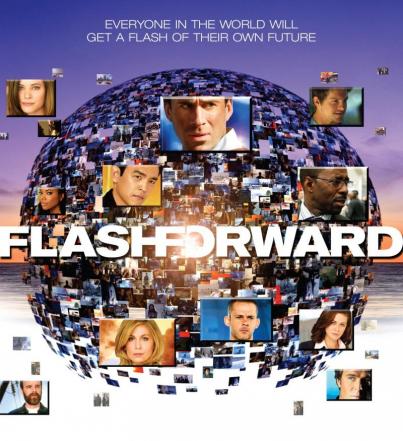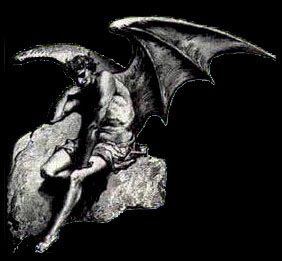Humbert is a witty, cultured European with a destructive obsession for young girls. For several years he lives with Lolita, his young stepdaughter, whom he coerces into granting him sexual favors. Nabokov gives Humbert possibly the most socially unacceptable obsession of all: pedophilia. This obsession leads Humbert on a cross country journey to find his precious Lolita upon the discovery that she has run away and decided to marry. It is this Lolita that causes much of the controversy in the movie. Humbert admits that his "pathetic" obsession with Lolita "broke" her life. Humbert writes of himself and Lolita with "a desperate honesty," and comments on "how magically his singing violin can conjure up a tendress, a compassion for Lolita. Humbert dies of heart disease in prison, while awaiting his trial for the murder of Lolita's lover, Clare Quilty.
Humbert characterizes Lolita as "light of my life, fire of my loins. My sin, my soul." from Humbert's point of view, which presents an often idealized but sometimes realistic image of this young girl, with whom he had an incestuous relationship for several years. Initially he defines Lolita as a nymphet, a category of young girls between the age of nine and fourteen. Most often, Humbert projects Lolita as a vision of innocent beauty. After she leaves Humbert, Lolita lives for a time with Clare Quilty. He throws her out after she refuses to allow him to put her in a pornographic film. A few years later she dies during childbirth.

In Deconstructive reading of the themes in “Lolita” there comes three major binary oppositions in my mind:
Appearance / Reality
Victim / Victimization
Anger / Hatred
Humbert's struggle to create art relates to an important theme — appearance versus reality. when he tries to present an idealistic portrait of Lolita and his relationship with her. He continually insists on the innocence of Lolita, which is crucial to his vision of and therefore his desire for her. He insists that "under no circumstances would [he] have interfered with the innocence of a child." She, however, was never quite the innocent he envisions. While at camp, she engaged in sexual activities and thus felt confident enough to seduce Humbert during their first night together. Later, in response to his control of her, she turns into a "cruel manipulator" who demands cash for sexual favors. At the same time, she was more vulnerable than Humbert is willing to admit, and he took advantage of that vulnerability, as when he comforted her after she learned her mother was dead. He offers a symbolic assessment of his destruction of her innocence when he admits that "our long journey had only defiled with a sinuous trail of slime the lovely, trustful, dreamy, enormous country that by then, in retrospect, was no more to us than a collection of dog-eared maps, ruined tour books, old tires, and her sobs in the night — every night, every night — the moment I feigned sleep."
Humbert becomes both victim and victimizer in his relationship with Lolita. He admits that he forced a "singular and bestial cohabitation" on her and "that even the most miserable of family lives was better than the parody of incest, which, in the long run, was the best I could offer the waif." Yet he was also victimized by his uncontrollable obsession with her, which he eloquently chronicles.
Humbert's self-loathing prompts him to create a double who can absolve him of guilt. Clare Quilty becomes the manifestation of his illicit desire for Lolita. When he kills Quilty in a fit of revenge, he tries to erase the pain and suffering he caused her. Previously, his remorse over his obsession with young girls caused several breakdowns and subsequent hospitalizations. Yet, the absurd encounter with Quilty at the end of the novel suggests that Humbert recognizes his responsibility for his and Lolita's tragic relationship.
Each decade since the initial publication of Lolita has presented a new interpretation of the conflict between Humbert Humbert and Lolita. For the 1950's, the interpretation was based on the conservative religious right that felt any relationship between an adult and a child was evil. In the 1960's, the interpretation contained much of the same resentment, but because of the openness of sexuality in society, they felt that much of the fuss was unneeded. Like the 60's, the 1970's showed a similar disregard for the seriousness of the crime Humbert held, they did, however, show more of an understanding of the alienation that both characters must have felt. The 1980's and 1990's have brought a new, more ironic view of the situation. Some no longer see the relationship between Humbert and Lolita as the result of Humbert's obsession, but instead of Lolita's own misgivings. The more subtle theme of satire displayed in the book presented a much more challenging appeal to society. And I believe the satire has been shown in this version at its best.













